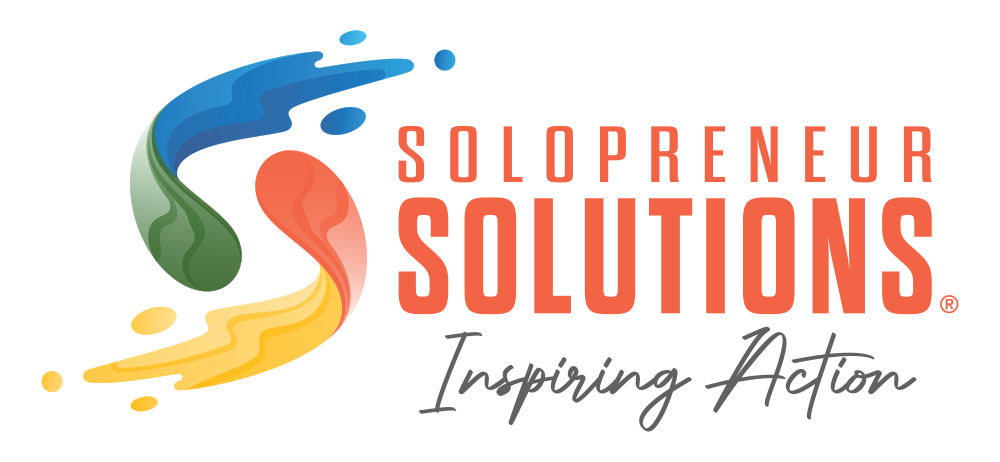If you’ve been freelancing for a while, you’ve probably crossed paths with plenty of agencies—maybe you’ve been hired by them, maybe you’ve worked inside one. And if you’re like most seasoned freelancers, the thought has at least flirted with you:
“Should I start my own agency?”
Before you start drafting a logo and interviewing a team, let’s talk about what this shift really means. Moving from freelancer to agency owner isn’t an “upgrade”—it’s a different business model with new challenges and new rewards.
Some freelancers are happiest working solo forever. Others can’t wait to lead a team and build something bigger. The trick is figuring out which one you are.
Why Freelancing Is Still a Great Gig
Successful freelancing offers the holy trinity of freedom:
- Financial freedom – You decide your rates and your income potential.
- Time freedom – You set your schedule (midday hikes, anyone?).
- Location freedom – Your office is wherever your laptop is.
You also get to choose your clients and projects, and you can raise your rates anytime you want. In other words, you’re in complete control.
The Drawbacks of Freelancing
Freedom is amazing—but it’s also risky. Your income depends entirely on you. No work = no paycheck.
Plus, you have to be self-motivated to keep projects moving, even when you’d rather take a nap. There’s no backup team to save you if things slow down.
When to Shift from Freelancer to Agency Owner
Starting an agency won’t “fix” freelancing problems—it will just replace them with new ones, like managing people, covering payroll, and handling larger client demands.
So before you leap, ask yourself:
- Am I already a successful freelancer?
- Do I really want* to manage an agency team?
If you’re nodding “yes,” here are the two big signs it might be your time:
- You’ve hit an income ceiling. You’re maxed out on billable hours.
- You’re out of time. Even with great systems, you can’t take on more work without more hands.
An agency can free you up to work on your business instead of constantly working in it.
How to Prepare for the Leap
Before you start hiring, set yourself up for a smoother transition:
- Lighten your workload – You’ll need time to train your new team.
- Plan for unpaid work – Hiring and onboarding take time before they generate income.
- Save a financial cushion – Have a few months’ expenses ready to cover early growing pains.
Who to Hire First for Your Agency
Moving from a one-person shop to an agency means building a strong support team:
- Your replacement – Someone to deliver client work at your current standard (or better).
- A virtual assistant (VA) – To handle admin, scheduling, and operations.
- Salespeople – To bring in new clients as you grow.
- Marketing help – To fill your sales pipeline with leads.
- A project manager – To keep everything running smoothly and ensure quality.
Your First Steps to Build an Agency
Don’t try to build your full team at once. Instead:
- Hire freelancers to help with fulfillment.
- Bring in a VA to take admin off your plate.
- Add sales and marketing support as revenue grows.
- Hire a project manager to oversee quality and operations.
Final Thoughts on Starting an Agency
Turning your freelance business into an agency can be one of the most rewarding moves you make—but only if you’re ready for the shift.
If you’ve built a strong freelance business and you’re ready to focus on leadership, strategy, and growth, you can absolutely make the leap. Just start with a plan, build the right team, and keep your coffee stocked—you’re going to need it.
